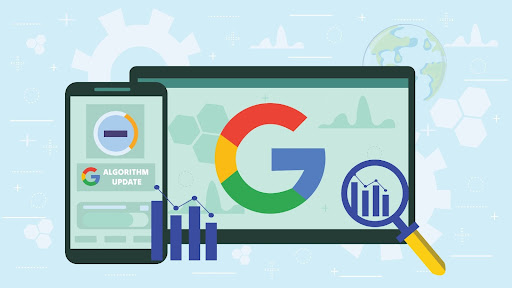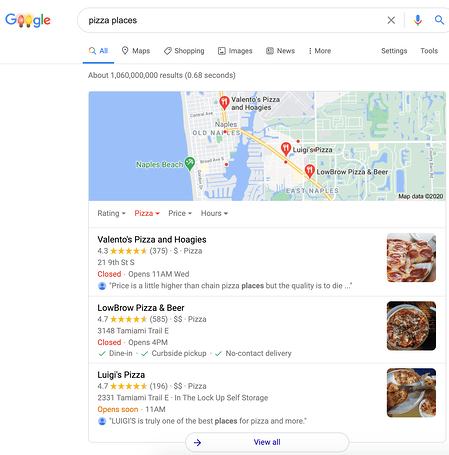How to Hack Google: The Ultimate Google Algorithm Cheat Sheet

By Neil Patel
The Google algorithm is constantly evolving, which can cause a few headaches when you’re a marketer trying to retain the highest possible page ranking at all times.
However, there’s good news: It’s possible to “hack” the algorithm and retain a solid Google ranking. Let me show you how.
What Do We Know About Google Algorithm’s Ranking Factors?
There’s only so much we know about Google’s algorithm because Google won’t reveal its top ranking factors. In other words, no one’s entirely sure what boxes to tick to secure a first-page ranking. That said, here’s a rundown of the ranking factors we do know about:
- Page speed: Google updates with page speed might affect you if your website is slow to load because slow websites offer a poor user experience.
- Content relevance: Although you shouldn’t stuff your website with keywords, you should use some relevant keywords and create relevant content around those terms.
- Site design: Your website should be user-friendly and easy to navigate.
- Link quality: If you want to rank on Google, then ensure you only link to informative, relevant content. Irrelevant links may be affected.
- Mobile-friendliness: Google uses the mobile version of your website for ranking and indexing, which means “mobile-friendliness” is a ranking factor.
- HTTPS status: Generally, Google prefers secure websites since they’re more trustworthy. HTTPS is more secure than HTTP, so having an SSL certificate can help your ranking.
- User engagement: Finally, Google might affect websites with high bounce rates and few return visitors because the pages may be low quality.
Put simply, the Google algorithm boosts the sites that offer people the best user experience.
How Often Are Google Algorithm Changes Released?
Google makes minor changes to its algorithm on a daily basis. They might even release multiple updates in 24 hours.
These changes are usually small, and you probably won’t notice a drop in search page rankings due to these updates alone.
However, the same can’t be said for the “core” updates. Google makes these larger, more sweeping changes a few times per year, and they can directly impact your page performance.
Look out for a core update at least once or twice a year.
Important Google Algorithm Updates
To help you better understand the function of Google algorithm changes, here’s a rundown of some key historical updates, and what impact they had on page-ranking strategies.
Google Panda
Released in 2011, this algorithm update targeted bad practices such as keyword stuffing and duplicate content. It introduced a “quality score” that helped rank web pages based on how people would perceive the content, rather than how many keywords it included.
To “survive” Google Panda, marketers ensured they wrote educational, quality content, rewrote underperforming articles, and used keywords strategically.
Google Penguin
This update, introduced in 2012, directly combated “black hat” SEO tactics such as link directories and spammy backlinks. Like the Panda update, it also looked at keyword stuffing.
The goal was to move away from the emphasis on link volume to boost a page’s search ranking …read more
Source:: Kiss Metrics Blog









